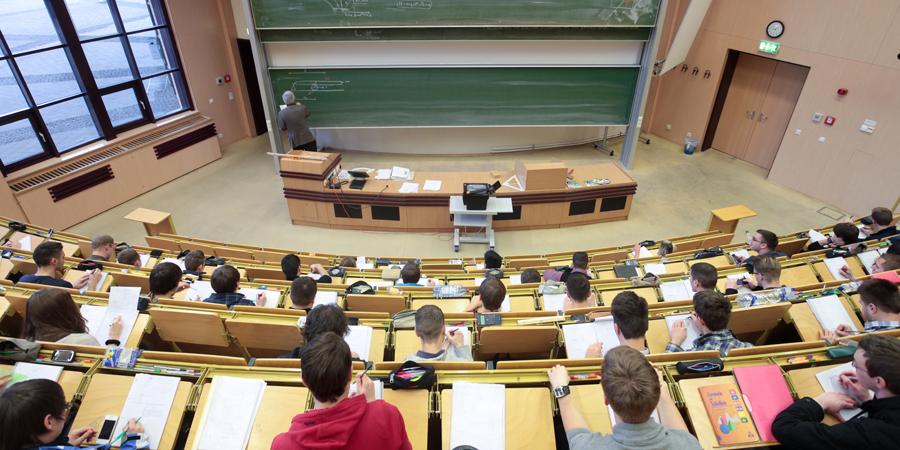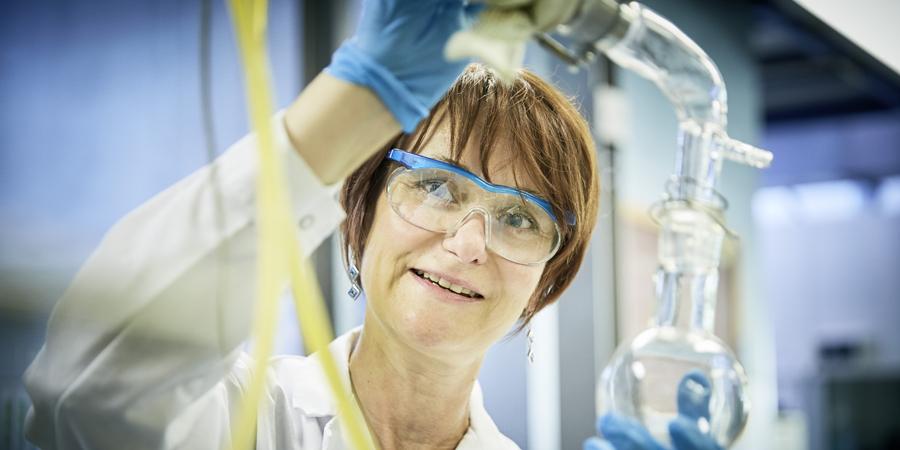Contact
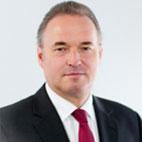
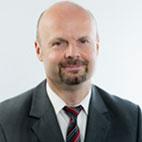
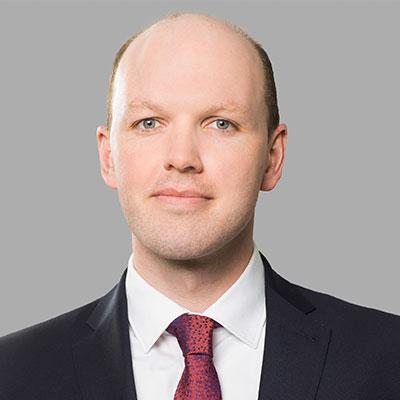
Business-related science and research -
the great advantage of sites for investors
The close cooperation between business and science is one of Lusatia’s special trademarks. A strong knowledge-based economy is the foundation for this innovative force – investors find excellent cooperation partners here for economic success. For this reason, the states of Saxony and Brandenburg support this collaboration very focussed and sustainably.
Leading universities with international profile
Leading universities and research institutions shape the profile of the region. At the Cottbus and Senftenberg campuses of Brandenburg University of Technology Cottbus-Senftenberg, at Technical University of Applied Sciences Wildau and Zittau/Görlitz University of Applied Sciences, roughly 14,000 students learn and research in more than 50 disciplines, predominantly in natural sciences and engineering sciences.
Internationality plays an important role. More than 100 nations are represented in the lecture halls. Roundabout every 5th student comes from abroad. And Brandenburg University of Technology Cottbus-Senftenberg alone cultivates more than 250 academic collaborations around the globe.
Science Region Lusatia
As a bridge between the metropolises of Berlin, Dresden, Leipzig and Wrocław, Lusatia also benefits from collaborations with the universities and research institutes there, such as Technical University of Berlin, Freie Universität Berlin, Dresden University of Technology, Freiberg University of Mining and Technology and Leipzig University, with more than 100,000 students in total and internationally recognised expertise.
Regional universities cooperate closely with local companies from the energy, mining, plastics, chemical, metal and machine engineering industries. A particular highlight is the research cooperation between Rolls Royce and Brandenburg University of Technology Cottbus-Senftenberg in engine construction.
Best contacts to companies
The University of Applied Sciences Zittau/Görlitz, which is embedded in the border triangle of Germany/Poland/Czech Republic, sees itself as a scientific "regional supplier" and maintains excellent contacts with national and international companies.It places a large part of its approximately 3,000 excellently trained graduates in the electrical engineering and informatics, industrial engineering and mechanical engineering industries with these companies. In addition, the university is initiating a project together with the German Federal Ministry of Education and Research to expand the application areas in the field of raw materials and recycling products.
The close collaboration between science and business in Lusatia also attracts increasingly renowned non-university research facilities. One example is the Fraunhofer biopolymer processing test centre at the Schwarzheide chemicals site. In the course of structural change, particular emphasis is being placed on the settlement of further non-university research facilities.
Pioneering the path to Industry 4.0
On the path to Industry 4.0, the universities in Lusatia are broadly diversified and excellently positioned.
Businesses are given practical support from specialised institutions such as the Innovation Centre for Modern Industry (IMI) and the the Mittelstand 4.0 Cottbus centre of excellence.
And potential company founders are also supported by the start-up academy at Zittau/Görlitz University of Applied Sciences. Furthermore, the regional science network is closely linked to the universities and institutes in the nearby metropolises of Berlin and Dresden.
 Lausitz-Invest
Lausitz-Invest
